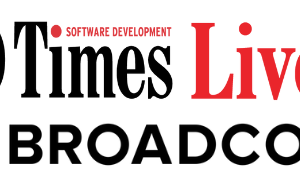AI technology is disrupting industries at unprecedented speed, yet Gartner research reveals 47% of AI initiatives fail to reach production. This session examines how enterprise-grade AI capabilities, now accessible to businesses of all sizes, are fundamentally transforming operations, while organizational readiness lags critically behind.
Our four-phase methodology—Assessment, Planning, Implementation, and Evaluation—provides a clear path to quantifiable business results across industries. The session follows a compelling narrative arc from AI disruption to practical implementation, concluding with a blueprint for success. Attendees will leave with immediate next steps to begin their journey to AI-driven success.
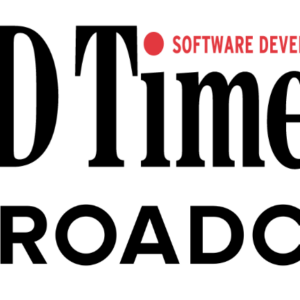
Accusoft’s PrizmDoc is transforming document management with a unified, AI-driven approach. In this microwebinar series, Product Director Dan Lee shows how PrizmDoc’s auto-summarization, auto-tagging & classification, document Q&A, and PII detection & redaction tools eliminate manual effort, surface key insights instantly, and safeguard sensitive data – all while fitting seamlessly into your existing workflows. Discover how PrizmDoc helps your team focus on innovation instead of tedious document chores.
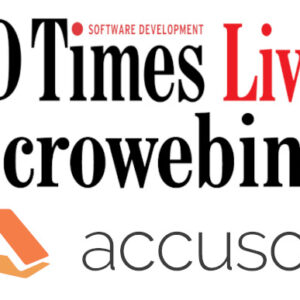
Struggling to get full value from your ITSM?
You’re not alone.
Many enterprises face the same uphill service management climb: too many tickets, unnecessary escalations, and manual incident workflows that impede rapid resolution. L1s are overwhelmed, L2 escalation teams are bogged down in root cause investigations, and scaling with business with incident response automation feels impossible.
Join us to see how BigPanda supercharges ServiceNow to automate event and incident management workflows to reduce costs and unlock greater outcomes from your existing ITSM investments.
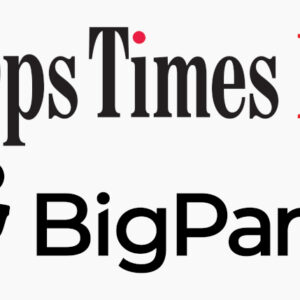
As AI-powered coding assistants become more prevalent, developers are increasingly incorporating AI-generated code snippets into their projects…
But how reliable and secure is it?
The last Dora report made it clear: there is a 7.2% drop in delivery stability for every 25% increase in AI use!
In this webinar, we’ll explore the risks AI-generated code has on development environments. From quality issues to outright security vulnerabilities, we’ll break down real-world examples of how AI-generated code can introduce security flaws, compliance issues, and reduce overall code quality.
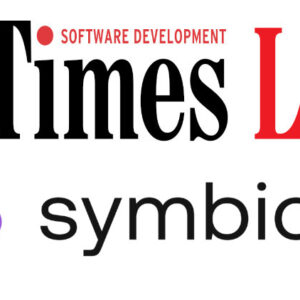
Managing telemetry data efficiently is a constant balancing act—how do you maximize visibility while controlling costs? In this webinar, we’ll show you how Mezmo’s telemetry pipeline helps you make smarter decisions about your data. Learn how Mezmo helps you optimize telemetry data, reduce costs, and improve operational efficiency — without sacrificing the insights you need.
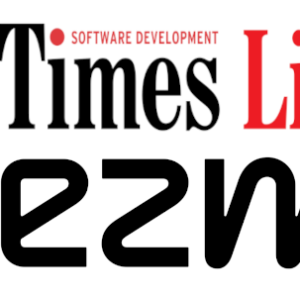
Open source drives innovation, but unchecked it can increase risk. This webinar explores how Application Security Posture Management (ASPM) can help you harness the power of open source while mitigating vulnerabilities.
Discover how ActiveState’s comprehensive platform, expert guidance, and commitment to community leadership can help you in a multitude of ways.
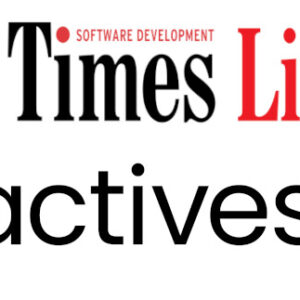
The initial hype surrounding LLM is over.
As more businesses adopt LLMs, their shortcomings in managing workflows, multitasking, and collaborative work are becoming increasingly evident. Multi-agent AIs are a step beyond LLMs as they are smarter, adaptable, and built for complex challenges.
Key Takeaways:
• How multi-agent AI overcomes LLM limitations
• Key components & practical applications of multi-agent AI
• Case study: Myestro AI’s innovations
• Multi-agent AI implementation challenges & solutions
• Future of multi-agent AI with OpenAI O1
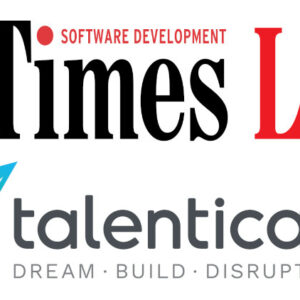
As organizations face increasing volumes of data, traditional Enterprise Content Management (ECM) systems often struggle with manual content management and document processing, leading to inefficiencies. The ECM market is evolving with advanced AI technologies like Natural Language Processing (NLP) and machine learning (ML), which are transforming how businesses manage, process, and secure their content.
This whitepaper explores how AI is revolutionizing ECM by automating routine tasks like classification, tagging, and summarization, enhancing productivity, and enabling better decision-making. Discover how ISVs can leverage PrizmDoc’s AI-powered features—such as Auto Summarization, Auto Tagging, Document Q&A, and PII Redaction—to deliver more efficient and secure document management solutions that scale with growing data demands.
ActiveState is revolutionizing open source management with a streamlined, secure, and scalable approach. In this microwebinar series, learn how ActiveState helps DevSecOps teams eliminate the complexities of managing open source, securing the software supply chain, and integrating with your CI/CD workflows. With experts like CTO Scott Robertson and Product Director Pete Garcin, discover how ActiveState is transforming open source management, helping people focus on innovation, not bottlenecks.
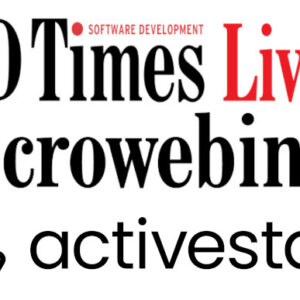
The hype around using AI in software development is at a high not seen since the cloud. Companies are rushing to get on the train, with spending plans for 2025 almost all targeting AI-based tools. And with all we understand – and don’t understand – about using AI in software development, and all the hurdles that will need to be overcome, that is frankly terrifying.
But that’s the tech way … dive in big, even before all of the ramifications are even understood.
Join us for an SD Times Live! panel discussion, available on demand now!
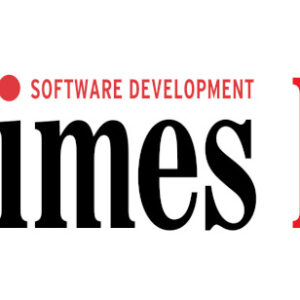
Bloomberg, Capital One, and tens of thousands of developers are using open source Cloud Native Buildpacks to transition application source code to container images that can be easily maintained and updated.
Paketo Buildpacks, an implementation of the cloud Native Buildpacks, run on any container runtime that supports container images, which makes them suitable for Docker and Kubernetes based environments. And, the project makes available production-ready Buildpacks for the most popular languages and frameworks, that are also compatible with CI/CD integrations such as CircleCI, Gitlab, Tekton, and others.
Just bring your app and Paketo Buildpacks will detect what language your app is using, gather the required dependencies, and build it into an image.

Join us for an insightful webinar on “ValueOps ConnectALL: Pattern Thinking & Automation,” where Lance Knight, ValueOps by Broadcom’s Chief Value Stream Architect, delves into the transformative power of optimizing flow in software delivery value streams. This session will explore how identifying and leveraging patterns in your processes can significantly enhance efficiency and drive automation across your organization.
